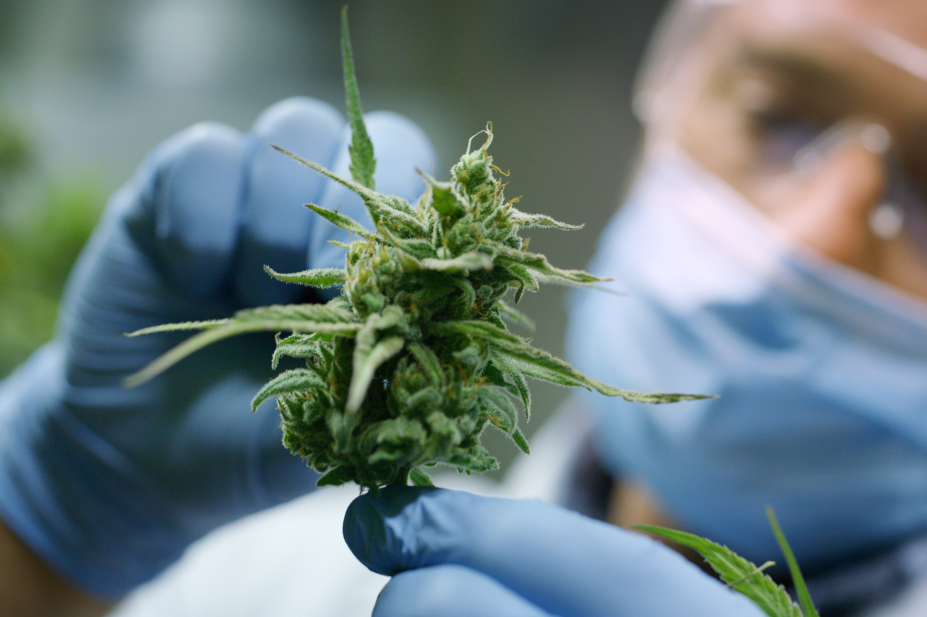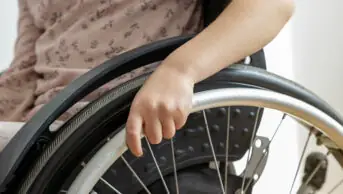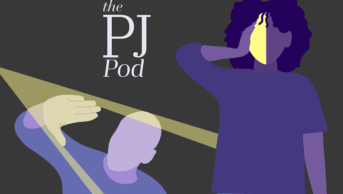
Shutterstock.com
Draft guidance issued by the National Institute for Health and Care Excellence (NICE) on prescribing cannabis-based medical products (CBMPs) could deter doctors who are considering prescribing them for patients with epilepsy, the Royal Pharmaceutical Society (RPS) has said.
The draft guidance, which went out for consultation on 8 August 2019, said NICE was “unable to make a recommendation on the use of [CBPMs] for severe treatment-resistant epilepsy”, citing a lack of good-quality evidence.
However, in its consultation response, the RPS said that while randomised controlled trials (RCTs) are the gold standard for evidence and were “relied heavily on by NICE in the analysis”, CBMPs are an “emerging treatment option” and RCTs are not yet readily available.
Therefore, real-world data, observational data and patient case studies should be used “to inform our position on clinical efficacy until data from RCTs become available,” the RPS response said.
“There needs to be the ability to prescribe for patients in a compassionate way until more detailed data become available,” it said.
“The guideline as written does not allow flexibility for this.”
The RPS response added that “making no recommendation on the use of CBMPs will detract from consultants considering prescribing for patients who have already shown improvement in severe epilepsy”.
The RPS also disagreed with NICE’s recommendation, made on grounds of cost-effectiveness, that Sativex (nabiximols; GW Pharma) should not be offered to patients with multiple sclerosis.
Prescription of Sativex should, the RPS said, be “a clinical decision between a consultant and a patient” — although it would be used only where other treatments have failed.
The Royal College of Physicians (RCPs) — which previously released its own guidance on CBMPs — also responded to the consultation, describing NICE’s lack of recommendation of CBMP for severe epilepsy as “a difficult position”, given that the law was amended in response to high-profile cases of patients with intractable epilepsy.
“This NICE recommendation appears to contradict that”, the response stated. Instead, the RCP suggested that the guidance defines exceptional circumstances where a specialist might reasonably consider a short-term CBMP trial “through a research study, where available”.
The RCP proposed that, in the interim between completion of research studies, patient cases should be registered and used to populate a “basic clinical data set”.
The advocacy service for patients, parents and carers, Cannabis Patient Advocacy and Support Services, proposed the creation of a national CBMP registry that includes prescribing practice and medical conditions, products used, patient profiles, and treatment effectiveness.
“This approach could amass the evidence needed across conditions, while simultaneously ensuring access for patients in need”, it said.
NICE’s guidance is due to be published on 11 November 2019.


